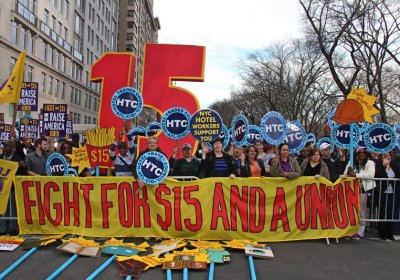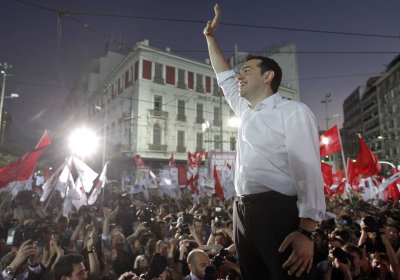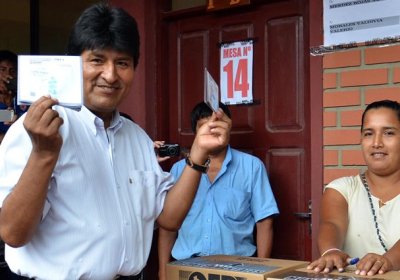1049
“A high-ranking official close to Greek Prime Minister Alexis Tsipras said the Greek government is not planning to give in to its creditors’ pressures and go against the program they had promised to the Greek people who brought them to power,” GreekReporter.com said on April 16. The comment came amid rising tensions between Greece's SYRIZA-led anti-austerity government and its creditors — the European Central Bank, the European Commission and the International Monetary Fund (IMF).
Sudan’s ruling National Congress Party (NCP) persisted with April 13-15 national elections, despite widespread condemnation of the process from inside and outside the country. Sudanese President Omer al-Bashir, who came to power in a 1989 coup, contested the presidency among 15 mostly unknown candidates. The election was boycotted by opposition groups. They have called for an inclusive consultation process to resolve the country’s substantial problems, establishing a transitional government, and immediately ending the repression of dissent as prerequisites for free and fair elections.
The revolutionary “The Law for Labour Justice and Recognition of Work from Home,” was passed by Ecuador's National Assembly on April 14, TeleSUR English reported on April 15. The law, which was first proposed by President Rafael Correa on November 15 to about 100,000 workers, passed by 91 votes to 29. The law will extend the benefits of the social security system to all Ecuadoreans wishing to be affiliated.
Striking McDonald’s workers took part in marches and pickets in Auckland, Palmerston North, Wellington, Christchurch and Dunedin on April 15, with many speaking to the crowds and media about the hardship of living with insecure work and income.
- Page 1
- Next page











